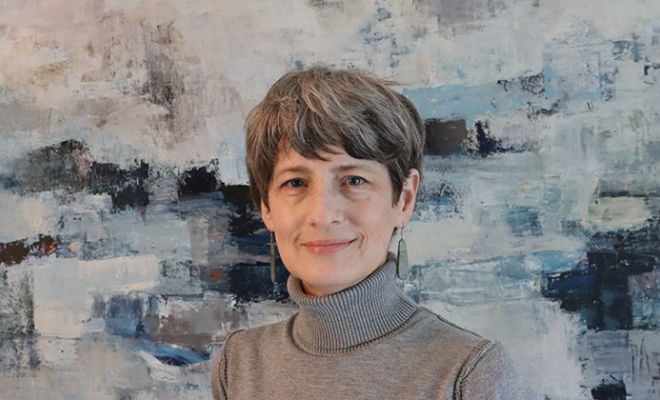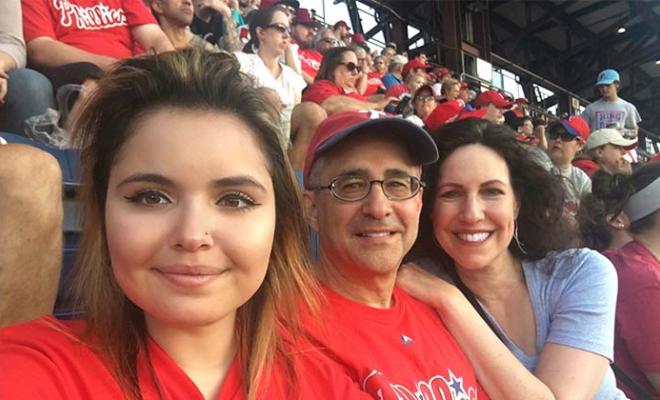One little pill.
One lonely little pancreatic enzyme.
It sat there in the nurse’s hand. “Here you go,” he said. “I’ve got your calcium, your Vitamin K, and your enzyme.”
How can you explain that you take many of these enzyme pills? That you, the patient in the hospital gown, are the one who decides the pill quantity based on what you’re eating? That the hospital pharmacy needs to change the dosage? That the attending physician must adjust the prescription to something unimaginable like “the patient will tell the nurse how many pills she wants to take”?
“Actually I take numerous enzymes with every meal, not just one,” I said. We both laughed. “So yeah, I see, this one pill is kinda useless then,” he acknowledged with a smile.
Recently I was admitted to a small regional hospital far from where I live, and seemingly even further from my usual cystic fibrosis care center. What was it like? The bedside care: attentive. The hospital staff: compassionate. Their experience with CF: unfortunately, negligible.
It is truly exhausting to be in a hospital recovering from an exacerbation AND having to explain daily — hourly, even — the logistics of basic CF care. And the logistics differ for every CF patient, as we all know: how we do our vest treatments; how much insulin we take; what we need to eat; the timing of enzymes with food … on and on. I’d even explain multiple times to the same medical staff person on the same day.
Then the scheduled meal tray arrives. Cookies, salad, coffee. My cystic fibrosis-related diabetes (CFRD) was quietly screaming “don’t eat this, just stick up for yourself” while my stomach was growling insanely. I’d previously spent some time on the phone with the hospital nutritionist, explaining the number of times per day that I typically eat to maintain my weight (especially crucial during an exacerbation) and the type of things that I needed to be permitted to eat. And here was the barrier: With CF, I’m an out-of-the-box patient in an institutional setting that assumes in-the-box.
“Okay,” said the diabetes educator who’d just stopped by my hospital room, “So we give one unit of insulin for every 15 carbs you eat.”
“Actually, I have a different type of diabetes, so I have my own specific insulin-to-carb ratio,” I said calmly.
“Yes, of course — so if you’d like to eat 30 carbs then we can give you 2 units of insulin.”
Fortunately for my health (and my temper, which was about to explode), my CF care team was keeping an eye on things as much as possible — from a distance. So, I simply asked the diabetes educator to please touch base with my CF team for further info. And for the first time, I knew the meaning of the phrase “they’ve got my back” (yeah, I’m old, I forget slang!). I felt profoundly grateful to be part of a CF medical center with an interdisciplinary team that understands this complex disease and values my voice as a patient who knows what I need.
Without my CF team, I’d still be trying to explain CFRD to that well-meaning diabetes educator. Without my team, I’d only have had one vest treatment per day, too few enzymes to make a difference, and meals that didn’t meet my caloric needs.
Of course, antibiotics are key to recovering from an exacerbation, but our daily CF regimen also makes a tremendous difference. At the end of my stay in this hospital, sadly having lost some weight and gained some congestion, I thanked everyone profusely for their care and concern … then fled as fast as I could.
Does this mean we should never be hospitalized at a small institution without CF knowledge? Of course not. We can’t control our lives to that extent; when we’re sick, we go where we can. But if you do not currently have an interdisciplinary CF team at a CF care center, I think you should get one as fast as you can.
Interested in sharing your story? The CF Community Blog wants to hear from you.





